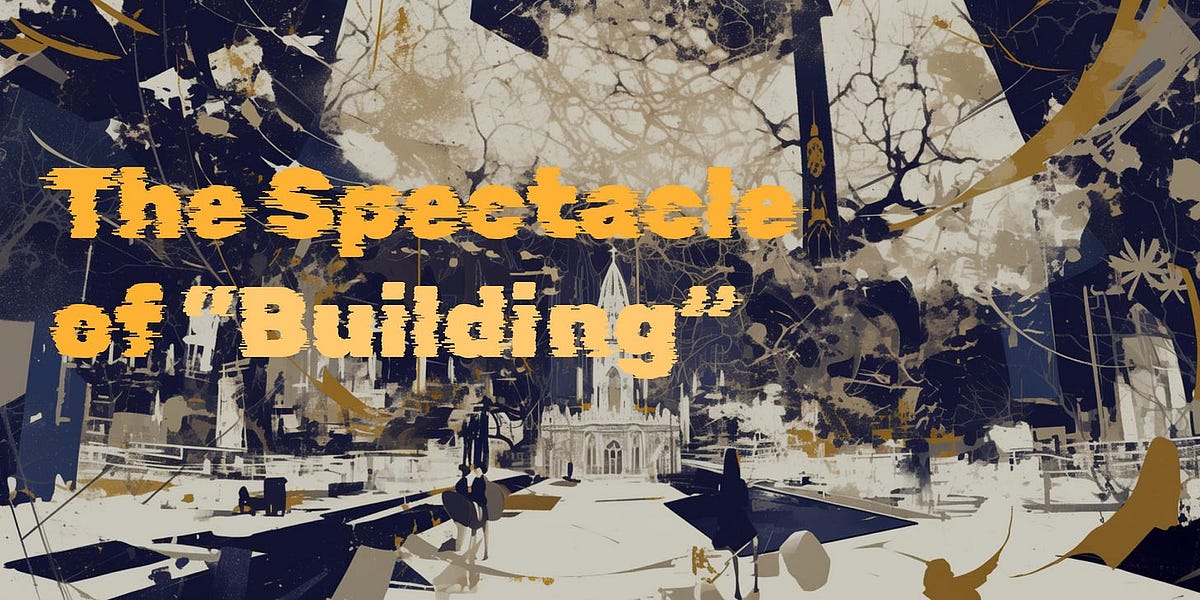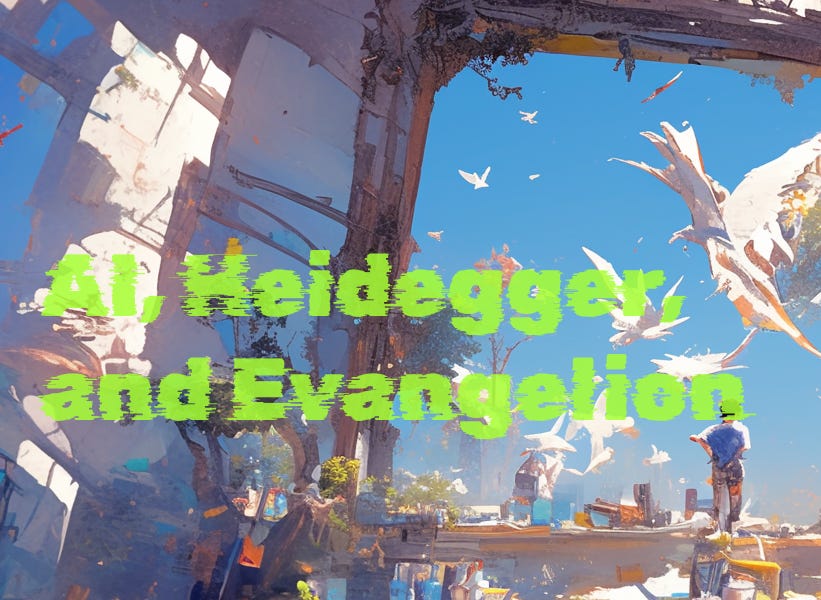China's VC 'Building Spectacle': A Meditation on Bubbles and Innovation

A confession from an anonymous Chinese VC sparked a deep reflection on China's innovation ecosystem. The post reveals the overblown 'hard tech' narrative in China's venture capital market, the dominance of government-guided funds, and the pursuit of short-term gains, leading to innovation becoming a 'building spectacle' rather than genuine breakthroughs. The author contrasts this with America's current 'building' narrative, arguing that both top-down government-led and bottom-up market-driven approaches can lead to collective delusions. The key lies in how systems respond to reality's challenges and how they transform failures into progress. Ultimately, the article emphasizes that true innovation requires tolerance for ambiguity and uncertainty, not just the pursuit of superficial success.
Read more
